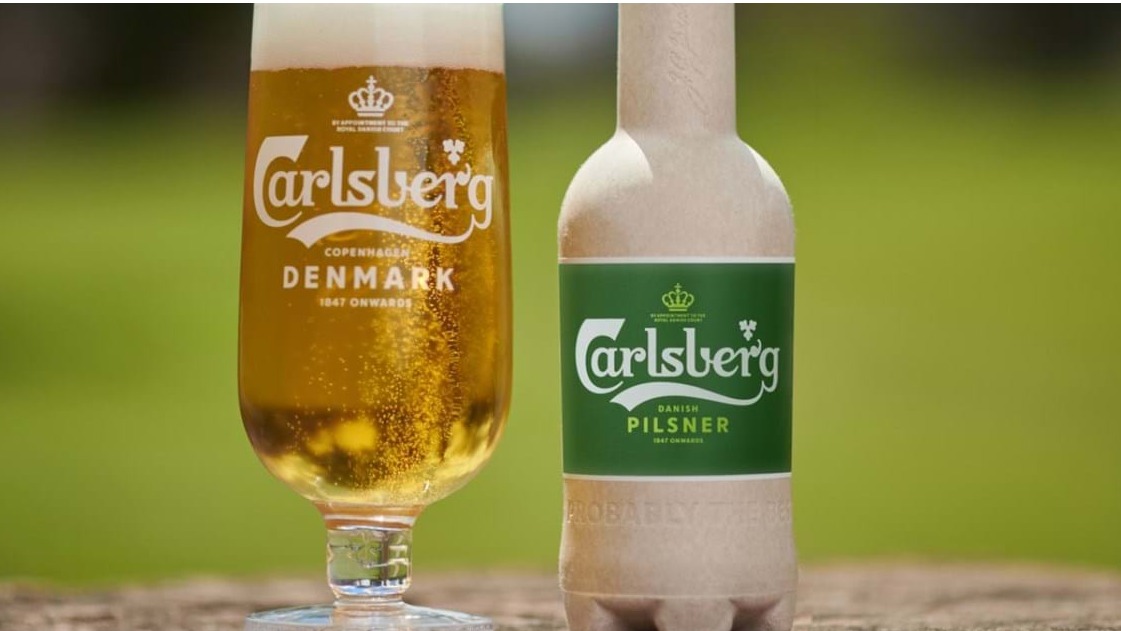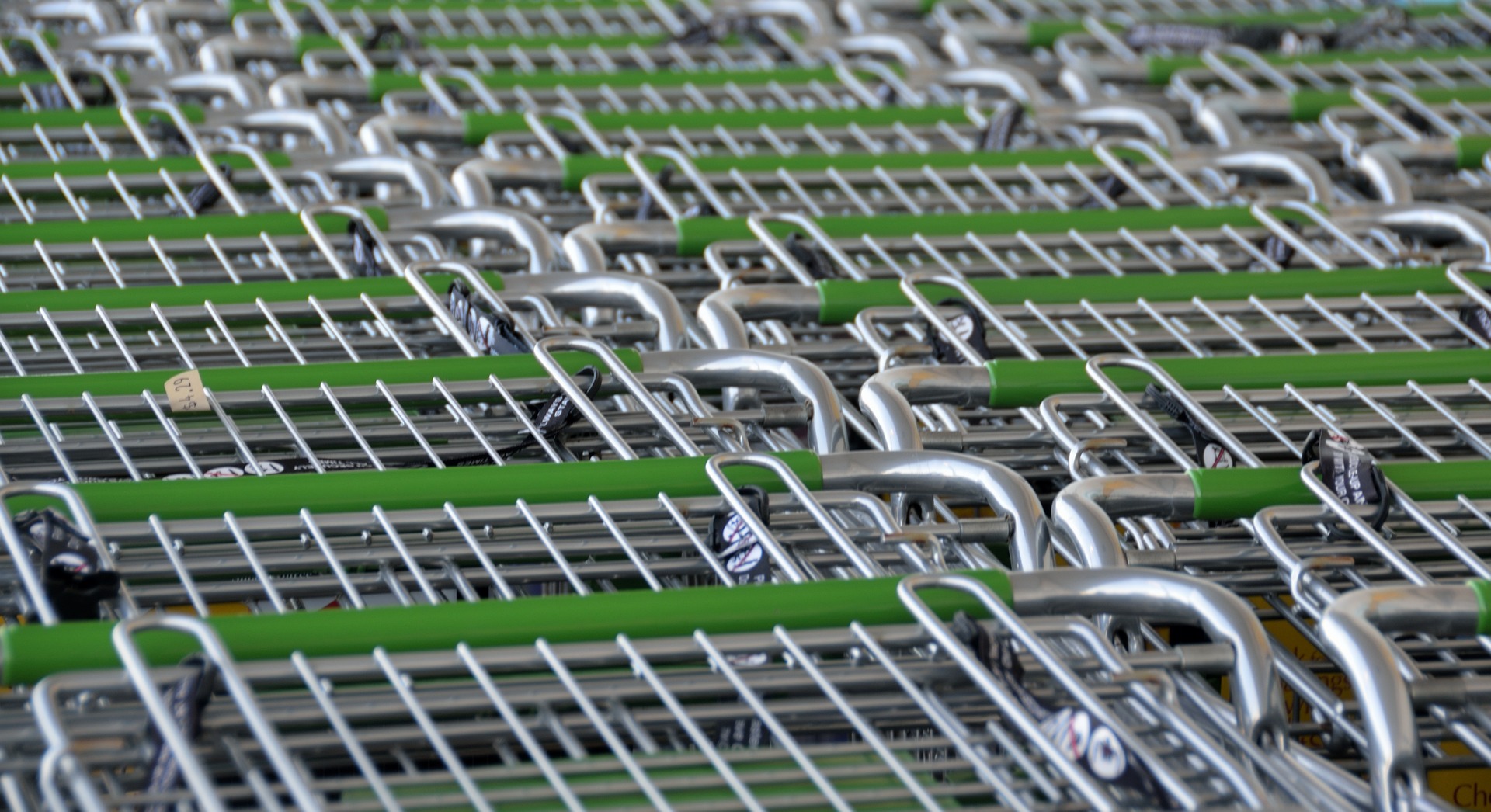The newly appointed chief exec at Danish beer brewer Carlsberg has accused Russia of stealing its business, and said that the company refuses to enter into a deal with the Russian government after cutting ties with its business in the country.
Like a number of other consumer-facing companies with business in Russia, Carlsberg has been trying to sell its Baltika subsidiary. While it agreed a deal to sell off the unit in June, Russian president Vladmir Putin the next month ordered the temporary seizure of Carlsberg’s stake in Baltika with no time frame for restoring ownership.
Carlsberg operated eight breweries in Russia that employed around 8,400 staff. The company took a $1.41 billion write-down on the Baltika unit in 2022.
Chief exec Jacob Aarup-Andersen, who was appointed in September, told journalists during an earnings call that “there is no way around the fact that they have stolen our business in Russia, and we are not going to help them make that look legitimate.”
An incensed Aarup-Andersen added that “we're not going to enter into a transaction with the Russian government that somehow justifies them taking over our business illegally,
Carlsberg retaliated last month by ending licence agreements for its brands in Russia that allowed for the production, marketing and sale of Carlsberg products by Baltika.
Noting that limited interactions with Baltika management and Russian authorities had not proved constructive, the exec said: "When these licences run out with the grace period, they're not allowed to produce any of our products any more. Of course, I cannot guarantee that happens, but that is our expectation.”
The Russian finance ministry, Rosimushchestvo, has been appointed as Baltika’s temporary manager and has been given powers of the owner with the exception of being able to dispose of property.
In a statement, Rosimushchestvo insisted that the business’ ownership structure was still in place in spite of the “introduction of temporary management.”
Latest News
-
Debenhams first UK retailer to roll out PayPal’s agentic AI assistant
-
Starbucks installs new payment tech in 943 European stores
-
Asos opens immersive London pop-up shop to showcase viral beauty range
-
EE launches in-store AI safety appointments
-
Amazon Pharmacy expands same-day prescription delivery service to 4,500 US cities
-
New Look loyalty scheme hits one million members
Beyond Channels: Redefining retail with Unified Commerce
This Retail Systems fireside chat with Nikki Baird, Vice President, Strategy & Product at Aptos will explore how unified commerce strategies enable retailers to tear down these barriers and unlock new levels of operational agility and customer satisfaction.
The future of self-checkout: Building a system that works for consumers and retailers
In this webinar, industry leaders discussed what the future of self-checkout looks like and how retailers can make the technology work for everyone.
© 2024 Perspective Publishing Privacy & Cookies










Recent Stories